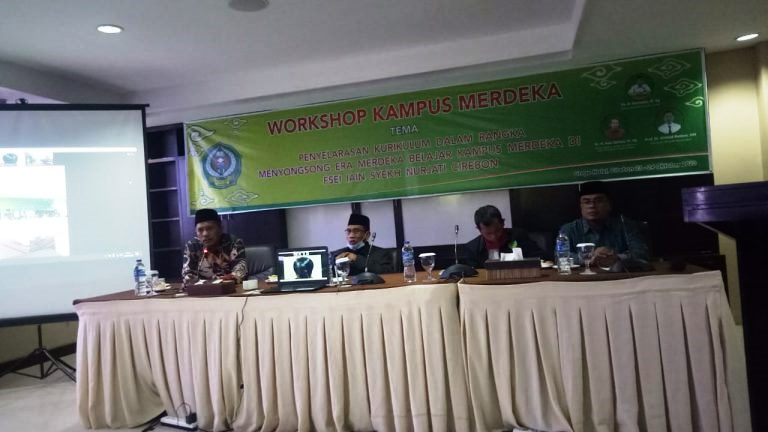ORCID
There is a new system for creating a unique user ID: ORCiD - http://orcid.org/.
Simply register and get your own ORCiD number; link to any other IDs such as ResearcherID (see box below) if you have any; and that's it. If you don't have another ID, enter your citations into ORCiD and add them as you go, along with any biographical information. Then use your ORCiD ID on your resume and/or webpage and when you submit publications, apply for grants. etc. Many funders and publishers now require that authors have ORCiD iDs! You can add publications to ORCiD manually, or upload many at one time. There are instructions here to walk you through uploading from various files, including Google Scholar. There are instructions on uploading from Scopus and other systems here.
ResearcherID
ResearcherID is another tool that allows you to keep a list of all your publications regardless of how you have been identified over time. In order to use ResearcherID, you need to set up a Web of Knowledge account. This is very quick and easy. Click on the link along the top and follow the simple directions. Once you have done that, you can save the items in your Marked List to ResearcherID (see the link in #3 - Save to - ResearcherID is one option). Questions about using the Web of Knowledge? See this guide. AND, you can share your ResearcherID and ORCID publications and have them in both.
ResearchGate
There is another option that you may find useful: ResearchGate (http://www.researchgate.net/). To start, you might have to add your references by searching for them within ResearchGate. However, it also goes out on its own based on your profile and even finds items other than those in peer-reviewed journals. Your old Master's thesis might show up, for instance. Also, ResearchGate offers the option of uploading non-peer reviewed and supplementary materials such as data, figures, media files and the like. You can also get updates on the work of colleagues; see who is looking at your research; follow others who are working in your area; find the most viewed articles in your subject; and more.
See: http://guides.library.harvard.edu/fas/tracking/orcid#s-lg-box-6330650
There is a new system for creating a unique user ID: ORCiD - http://orcid.org/.
Simply register and get your own ORCiD number; link to any other IDs such as ResearcherID (see box below) if you have any; and that's it. If you don't have another ID, enter your citations into ORCiD and add them as you go, along with any biographical information. Then use your ORCiD ID on your resume and/or webpage and when you submit publications, apply for grants. etc. Many funders and publishers now require that authors have ORCiD iDs! You can add publications to ORCiD manually, or upload many at one time. There are instructions here to walk you through uploading from various files, including Google Scholar. There are instructions on uploading from Scopus and other systems here.
ResearcherID
ResearcherID is another tool that allows you to keep a list of all your publications regardless of how you have been identified over time. In order to use ResearcherID, you need to set up a Web of Knowledge account. This is very quick and easy. Click on the link along the top and follow the simple directions. Once you have done that, you can save the items in your Marked List to ResearcherID (see the link in #3 - Save to - ResearcherID is one option). Questions about using the Web of Knowledge? See this guide. AND, you can share your ResearcherID and ORCID publications and have them in both.
ResearchGate
There is another option that you may find useful: ResearchGate (http://www.researchgate.net/). To start, you might have to add your references by searching for them within ResearchGate. However, it also goes out on its own based on your profile and even finds items other than those in peer-reviewed journals. Your old Master's thesis might show up, for instance. Also, ResearchGate offers the option of uploading non-peer reviewed and supplementary materials such as data, figures, media files and the like. You can also get updates on the work of colleagues; see who is looking at your research; follow others who are working in your area; find the most viewed articles in your subject; and more.
See: http://guides.library.harvard.edu/fas/tracking/orcid#s-lg-box-6330650

No comments:
Post a Comment